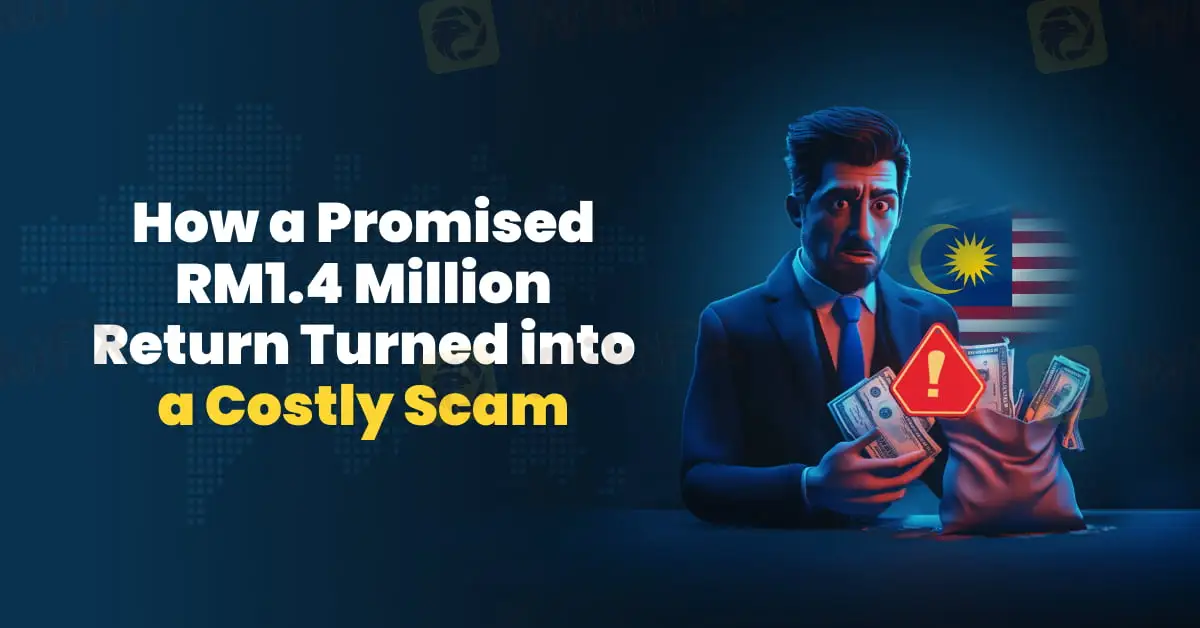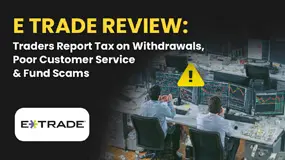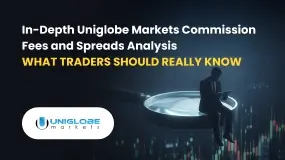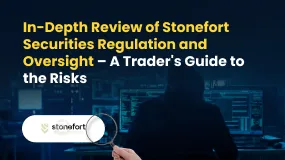简体中文
繁體中文
English
Pусский
日本語
ภาษาไทย
Tiếng Việt
Bahasa Indonesia
Español
हिन्दी
Filippiiniläinen
Français
Deutsch
Português
Türkçe
한국어
العربية
How a Promised RM1.4 Million Return Turned into a Costly Scam
Abstract:A 39-year-old online trader from Malaysia has reportedly lost RM252,004 to a fraudulent investment scheme. The scam, which promised a lucrative return of RM1.4 million within two months, has left the victim facing substantial financial loss.

A 39-year-old online trader from Malaysia has reportedly lost RM252,004 to a fraudulent investment scheme. The scam, which promised a lucrative return of RM1.4 million within two months, has left the victim facing substantial financial loss.
The incident began when the trader came across an advertisement on Facebook promoting a seemingly attractive investment opportunity. Intrigued by the offer, the woman decided to participate by selecting “Package A.” This package guaranteed a substantial return of RM1.4 million in exchange for an initial investment of RM150,000.
In her eagerness to secure a high return, the victim went to great lengths to raise the funds. She even borrowed money from friends to invest in the scheme. The first transaction took place on 12 November, where she transferred RM250 as an initial step into one of the accounts provided by the scammers.
Over the next 12 days, the victim made 15 more transactions, transferring funds to six different bank accounts. These transactions amounted to a staggering RM252,004. Despite her significant financial commitment, she received no returns as promised.

The scammers did not stop there. They continued to demand more money under the guise of additional requirements, exploiting her trust further. When she realised that the promised returns were not forthcoming, the victim finally sought help.
Jempol District police chief, Superintendent Hoo Chang Hook, confirmed that the case is now under investigation. Authorities are pursuing the matter under Section 420 of the Penal Code, which addresses cheating and dishonestly inducing delivery of property.
This case highlights the dangers of falling for get-rich-quick schemes that prey on individuals seeking high returns. Fraudsters often use social media platforms to lure unsuspecting victims with promises that are too good to be true. In this instance, the advertisement's appeal and the promise of substantial profits blinded the victim to the warning signs.
The financial loss suffered by the trader also demonstrates the importance of vigilance in investment decisions. Potential investors are urged to verify the legitimacy of schemes and consult reputable sources before committing funds. Checking for licences and regulatory approvals can also help safeguard against fraudulent operations.
Authorities continue to warn the public about the increasing prevalence of online scams. Victims are encouraged to report suspicious activities promptly to prevent further exploitation and help bring scammers to justice.
Simultaneously, this case raises an important question that often sparks debate: Who bears the greater responsibility in such situations—the scammer or the victim? On one hand, scammers deliberately prey on peoples hopes and financial vulnerabilities, weaving elaborate lies to manipulate their targets. On the other hand, some argue that victims, driven by the lure of quick wealth, fail to exercise due diligence and allow greed to cloud their judgment. While it is clear that scammers must be held accountable for their actions, does the responsibility to avoid falling into these traps lie solely with them, or should individuals bear more accountability for their financial decisions? This moral and ethical dilemma continues to divide opinions, leaving much to reflect upon.

Disclaimer:
The views in this article only represent the author's personal views, and do not constitute investment advice on this platform. This platform does not guarantee the accuracy, completeness and timeliness of the information in the article, and will not be liable for any loss caused by the use of or reliance on the information in the article.
Read more

E TRADE Review: Traders Report Tax on Withdrawals, Poor Customer Service & Fund Scams
Has your E Trade forex trading account been charged a withholding tax fee? Did your account get blocked because of multiple deposits? Did you have to constantly call the officials to unblock your account? Failed to open a premium savings account despite submitting multiple documents? Is fund transfer too much of a hassle at E Trade? Did you find the E Trade customer support service not helpful? In this E Trade review article, we have shared certain complaints. Take a look!

mBank Exposed: Top Reasons Why Customers are Giving Thumbs Down to This Bank
Do you find mBank services too slow or unresponsive? Do you find your account getting blocked? Failing to access your account online due to several systemic glitches? Can’t perform the transactions on the mBank app? Do you also witness inappropriate stop-level trade execution by the financial services provider? You are not alone! Frustrated by these unfortunate circumstances, many of its clients have shared negative mBank reviews online. In this article, we have shared some of the reviews. Read on!

In-Depth Uniglobe Markets Commission Fees and Spreads Analysis – What Traders Should Really Know
For experienced traders, the cost of execution is a critical factor in broker selection. Low spreads, fair commissions, and transparent pricing can be the difference between a profitable and a losing strategy over the long term. This has led many to scrutinize the offerings of brokers like Uniglobe Markets, which presents a tiered account structure promising competitive conditions. However, a professional evaluation demands more than a surface-level look at marketing claims. It requires a deep, data-driven analysis of the real trading costs, set against the backdrop of the broker's operational integrity and safety. This comprehensive Uniglobe Markets commission fees and spreads analysis will deconstruct the broker's pricing model, examining its account types, typical spreads, commission policies, and potential ancillary costs. Using data primarily sourced from the global broker inquiry platform WikiFX, we will provide a clear-eyed view of the Uniglobe Markets spreads commissions prici

In-Depth Review of Stonefort Securities Regulation and Oversight – A Trader's Guide to the Risks
For experienced traders, the process of selecting a new broker transcends a simple comparison of spreads and leverage. It is a meticulous due diligence exercise where the integrity of the broker's regulatory framework is paramount. Stonefort Securities, a relatively new entrant in the crowded brokerage space, presents a complex and often contradictory profile. On one hand, it boasts a modern MT5 platform and a stream of positive user testimonials. On the other hand, it is shadowed by severe regulatory warnings that question the very foundation of its operations. This in-depth review focuses on the core issue for any long-term trader: Stonefort Securities regulation and oversight. We will dissect the broker's corporate structure, scrutinize its licensing claims, and analyze what the data implies for trader protection and fund security. For traders evaluating whether Stonefort Securities is a trustworthy partner, understanding these details is not just important—it is essential.
WikiFX Broker
Latest News
In-Depth Uniglobe Markets Commission Fees and Spreads Analysis – What Traders Should Really Know
WikiFX's New Evaluation of ATM Capital LTD: Does its License Protect the Arab Investor?
Is Axi Legit? A Data-Driven Analysis of Its Regulatory Standing and Trader Feedback
How a Fake Moomoo Ad Led to the “New Dream Voyage 5” Scam
FXPesa Review: Are Traders Facing High Slippage, Fund Losses & Withdrawal Denials?
Trive Investigation: High Score, Hidden Risk - The Profit Paradox
CMC Markets Australia Revenue Surges 34%, But High-Net-Worth Clients Face Tax Phishing Threat
Young Singaporean Trader Grew USD 52 into a USD 107,700 Portfolio
Is GGCC Legit? A Data-Driven Analysis for Experienced Traders
E TRADE Review: Traders Report Tax on Withdrawals, Poor Customer Service & Fund Scams
Currency Calculator



